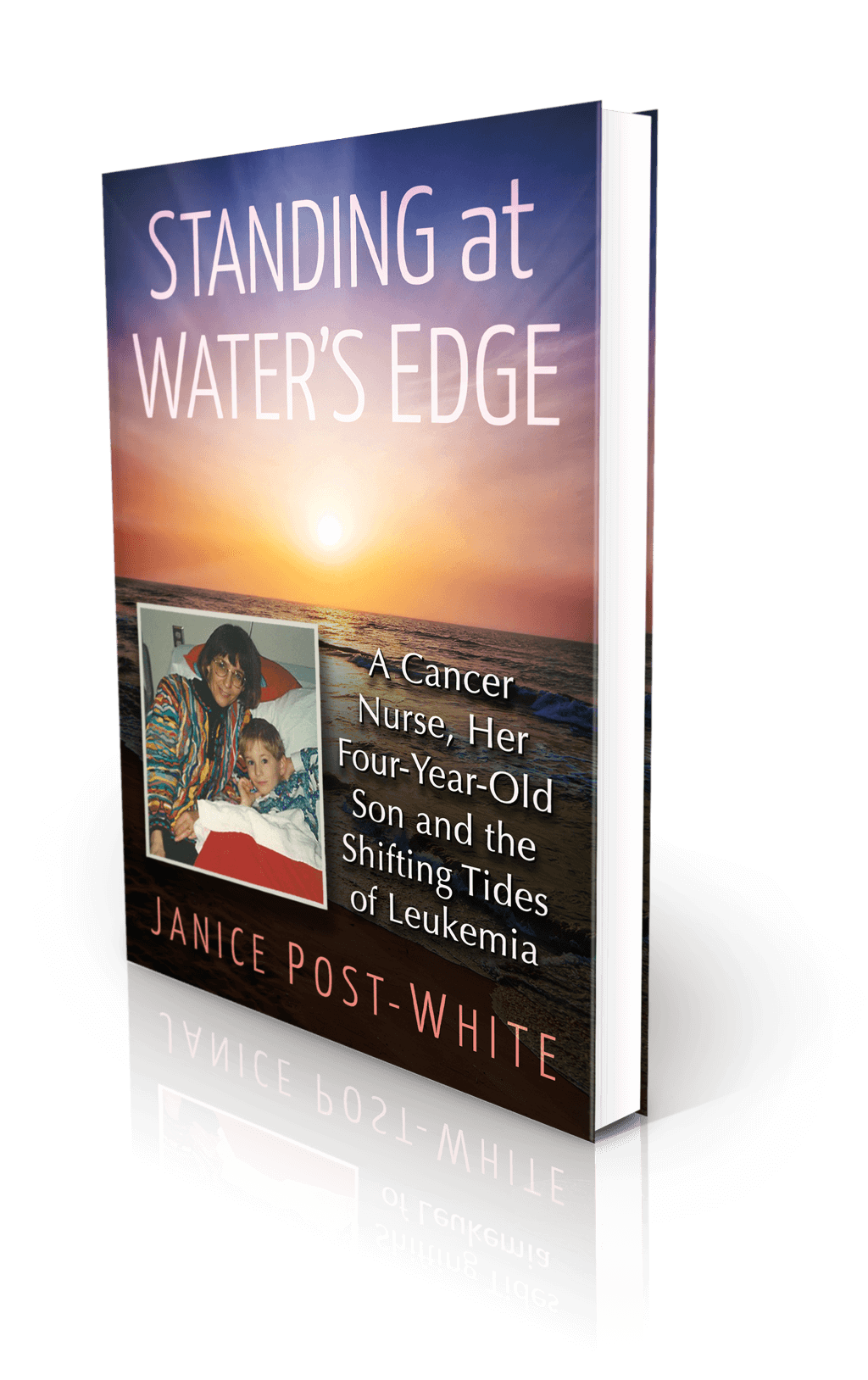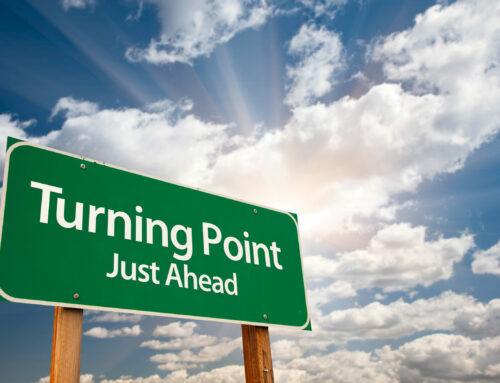
Is it spring where you are? Tell me what it’s like, please!
I want to know that somewhere the sun is gently warming the frozen soul (and soil); that green, hopeful shoots are peeping up; and that warm rains are drizzling life back into roots that rested for a season. Here in Minnesota, vibrant life remains buried beneath feet of ice and snow. It was 7 degrees Fahrenheit on the first day of Spring. We are ready to move on—with the seasons, with living—but venturing forth too early into an icy world carries risk. Of course, I shouldn’t be surprised to still find chill at five months into a typical Midwest winter, three years into a pandemic, and seven decades into life.
I’m quite comfortable staying inside, sequestered from subzero windchills (still!), treacherous sidewalks, and coughing strangers. Medical treatments forced me out of my comfort zone last week, however, and exposed me to all three hazards. I navigated the best I could and then retreated home, adding in an allowance for extra rest and letting go of expectations for accomplishing anything other than restoring and healing. I adapt to the conditions of life. Most days.
Seeking Hope
How are you adapting to changes in your circumstances? Regardless of the weather outside, how’s your inner temperature? Are you:
- Sunny and brightly optimistic
- Chilly with a hint of hope
- Dreary or overwhelmed by all the slush
- Sad over relentless storms
- Any of the above, depending on the moment
Whatever you checked, how does tomorrow look? Can you find hope despite the weather outside or other circumstances influencing your mood and energy level?
I’ve accustomed myself to the vicissitudes of the pandemic, but relentless back pain for four months and now multiple dental surgeries causing nerve impingement (possibly permanent) affecting speaking and eating have put me over the threshold of my typically optimistic nature. I’m back in survival mode—just getting through the days the best I can, one at a time.
Getting Through is Just Surviving
Can you relate to the feeling of just surviving? It isn’t all bad—zeroing in on what we need to do and putting one foot in front of the other gets us through and helps us function. It’s how we get through the death of a loved one or a life-threatening or life-altering accident, illness, or surgery. Focusing on tasks works in the short term but takes a toll as we continually brace for the next task or the next event and avoid processing how we feel about the changing circumstances. It’s easy to get stuck in reactive mode.
Getting through is sometimes all it takes if we know that tomorrow likely will be better. Holding onto hope gets us through. But what if circumstances aren’t likely to improve? How do we accept and adapt to a new reality?
Cumulative Load Adds to Stress
I’m reminded this week of “cumulative load.” While one adverse event might feel conquerable, repetitive onslaughts or multiple new events can feel insurmountable. I’ve had one of those pile-upon-pile winters. Just as the back pain allows me to get out of bed and move again, it gets re-triggered by something as simple as picking up Band-Aids off the floor (that I dropped twice) or bending over to pull a file from a cabinet. But even that’s become expected now after months of adaptation. What I didn’t expect was a whole new major dental issue requiring three surgeries and subsequent nerve damage to my lower lip and chin, making eating, speaking, and hence typing laborious (I rely heavily on dictate since I can only type with my two middle fingers thanks to progressive RA and ten dislocated hand joints).
Do the challenges ever end? I would be grateful if they just spaced themselves out more, allowing me a reprieve in between to regain my fortitude to face the next challenge. My typical mentality of “Just get it over with so I can move on” usually works for me until I get overwhelmed.
According to Sonia Lupien, stress researcher, life events trigger us most if they are novel (new/never before experienced), uncontrollable, unpredictable, or they trip the ego or challenge our identity. Unfortunately, this winter met all the criteria for stress. I’m more than ready for a new season and at least some resolution or some hope for improvement over time. If I can’t change the circumstances of degenerating spine and bone (although I keep investigating options), then I need to find ways of accepting and adapting to my new reality.
Moving Beyond Just Surviving
So, what can I do? What would you do when faced with cumulative overwhelming stressors that bring additional uncertainty and challenge your sense of hope? How do you move beyond just surviving to finding hope and living with intention? This week I needed to do more than just get through.
Here’s what I tried:
- I got out of the house on a sunny day. I ran a few errands that weren’t necessary just to get out. I observed life around me, tuning in to the sights, sounds, and smells—and feeling the hope—of the Spring Equinox. Although I wore a mask, I interacted with other smiling humans. I miss my daily walks, and this was a fair substitute despite the Minnesota chill.
- I dropped my expectations for accomplishing I permitted myself and grounded myself in the moment—feet flat on the floor, energy circulating through my body from the universe. I tapped into a higher power, a sense of vitality and love. Being was more rewarding than doing—for one day, anyway.
- I sat with the awareness of being vulnerable, open, and accepting of where I was at physically and emotionally. I wrote journal notes to help process how I was feeling. It’s my way of understanding and making sense of uncertainty and disconnect.
- I then had the energy and focus to think through options. (Our prefrontal cortex isn’t very functional when emotions overwhelm logic). I called the oral surgeon and my dentist, seeking information, and reassurance, and investigating potential options. Although nothing has changed (yet?), I felt empowered knowing that I was doing all I could.
- I tried new and novel things to distract me from the annoying symptoms and pain and get me out of my inflexible mindset. I even googled AI programs (artificial intelligence software) and asked the bots what they would recommend! Not surprisingly, I got back many of the recommendations I’ve been spouting over the years to others and myself: get enough sleep, exercise/move your body, get out in nature, call on friends for support, do something for someone else, practice mindfulness and gratitude, and trust in a higher power. It was entertaining if not helpful. When I have the energy, I’ll play with AI-generated artwork. Creativity stimulates different brain responses and can revitalize the mind in new ways.
- I read new books—not writing-related ones, of which I have stacks and stacks to be read—but books from new-to-me authors with new ideas to help me reframe and emerge from my “stuckness.” I read for content with an open mind. I love learning new things and I needed a fresh perspective.
Perspective Matters
My body isn’t cooperating yet—just sitting in a chair, getting through a shower, and eating anything requires so much extra patience, tolerance, effort, and time. I talk very little. My mind is calmer and less scattered. Instead of ruminating over the worst-case scenario, I’m trying to remember the strength I have for overcoming physical challenges and that “this too shall pass” in some form or another. It’s possible the physical effects won’t change at all, but my perspective will. We may not have control over our circumstances, but we do have control over how we choose to respond to them.
I try not to have too many expectations for the outcome. I’ve adapted to pelvic nerve damage from a complication of spinal surgery and damage to the nerves in my right hand and arm because of a compressed cervical nerve. Although the pain has increased in both areas over time, I try not to anticipate the “what next.” It’s easier to live in the moment when I’m centered and grounded. That’s what this week taught me.
As I wait for the earth to warm and color to return to Minnesota, and healing to progress in my body, I’ll envision new growth and new healing for our world and our bodies. It takes strength and courage to seek hope amid despair. We’ve done it before, and we will do it again—because we are human.
Namaste,
~ Janice

About the Book
Janice Post-White’s memoir is a story about a cancer nurse who thought she knew what life and death were about.
Then her 4-year-old son got leukemia.
This heart-wrenchingly real but inspiring book shines a light on the life-affirming discoveries that can be made when one is forced to face death—and bravely chooses to face fears.
ON SALE DECEMBER 3, 2021
2022 First Place Award from the American Journal of Nursing Book of the Year in the category of Consumer Health and Third Place in Creative Works
Finalist in Health/Cancer from the American Book Fest Best Book Awards, the International Book Awards, and the Eric Hoffer Book Awards



